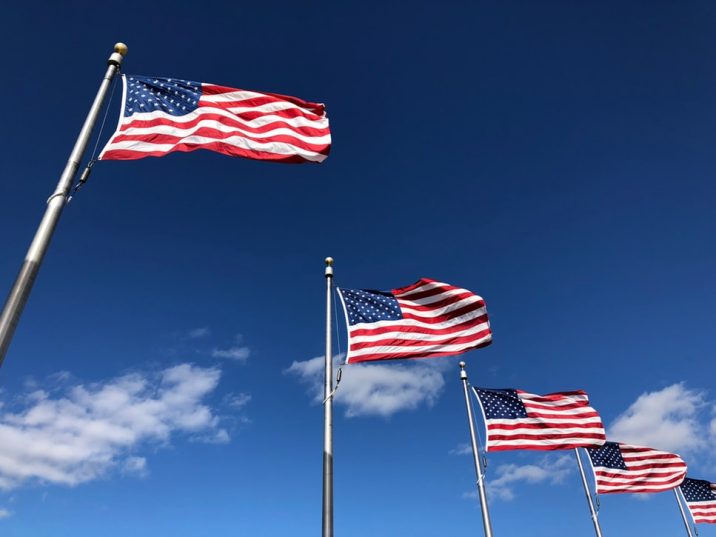Nearly two decades of war have taken thousands of lives and cost American taxpayers trillions of dollars.
But late last week, a temporary truce with the Taliban was finally reached after 18 years of fighting. If that holds, a more permanent resolution is expected to be signed Feb. 29.
If successfully implemented, the weeklong “reduction in violence” agreement, which came into force at midnight Friday, will be followed by the signing of the peace accord on Feb. 29, wrapping up America’s longest-running conflict and fulfilling one of President Donald Trump’s main campaign promises.
Friday’s announcement of an agreement on terms for a peace deal follows months of negotiations between the two sides that have broken down before. Yet both parties have signaled a desire to halt the fighting that began with the U.S. invasion after the Sept. 11, 2001, attacks by Osama bin Laden’s Afghanistan-based al-Qaida network.
Should the truce stand, the U.S.-Taliban deal would be followed within 10 days by the start of all-Afghan peace talks that could result in the formation of a new government in Kabul, a pledge from the Taliban not to allow terrorist groups to operate in the country, and the phased withdrawal of U.S. and other foreign troops over 18 months.
This is a historic moment for all involved, but there are a lot of questions to be asked.
- What will happen to the area once all U.S. and other troops finally withdraw?
- Is this potentially the first sign of peace in the region?
- What protection does Afghanistan’s fragile government have if left to stand on its own?
There are a lot of scenarios to consider, and if you are a journalist covering this vent, that’s where our experts can help with your questions, stories and ongoing coverage.
Dr. Craig Albert is a leading expert on war powers, foreign policy, terrorism and American politics, and he has testified to the U.S. Congress on Islamic Extremism. He is also the director of the Master of Arts in Intelligence and Security Studies at Augusta University. He has experience with all forms of local and national news organizations and is available to speak to media regarding this latest development between America and the Taliban. Click on Dr. Albert’s name to arrange an interview.
 Augusta University
Augusta University




